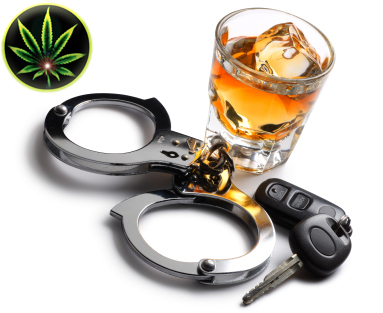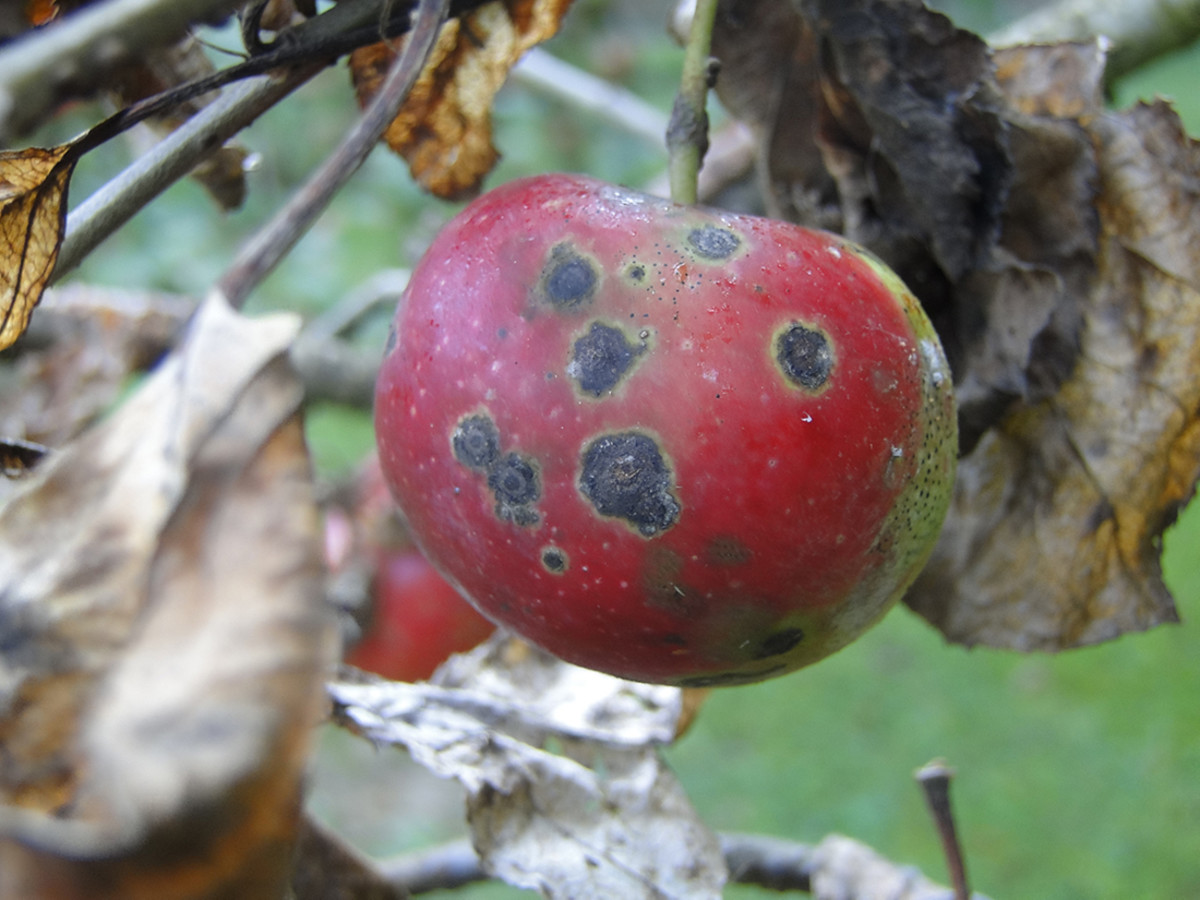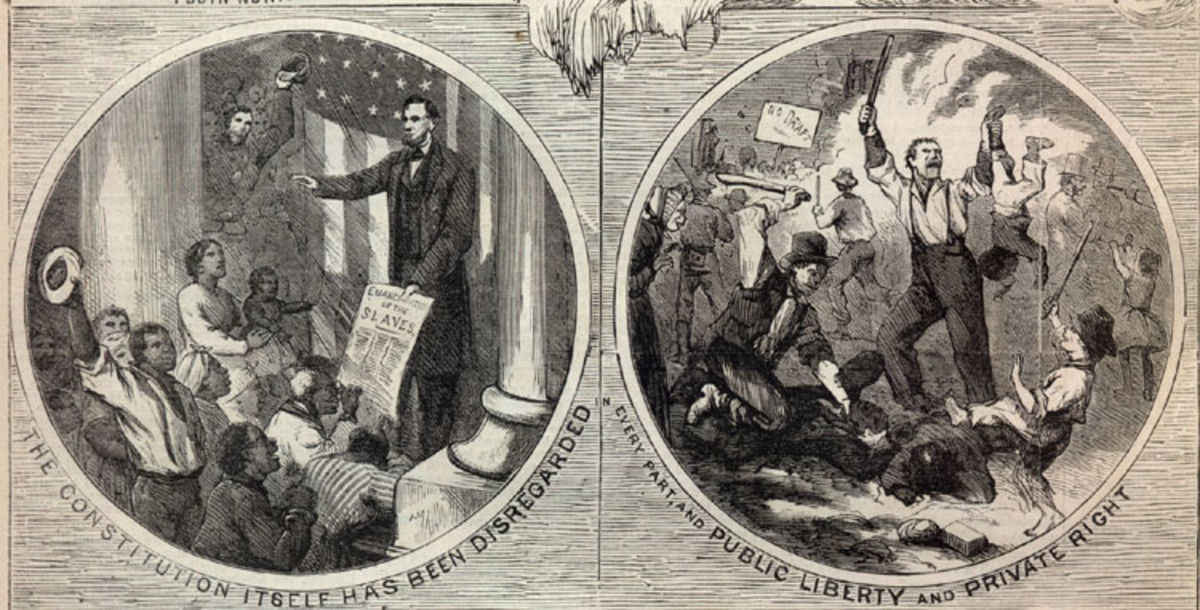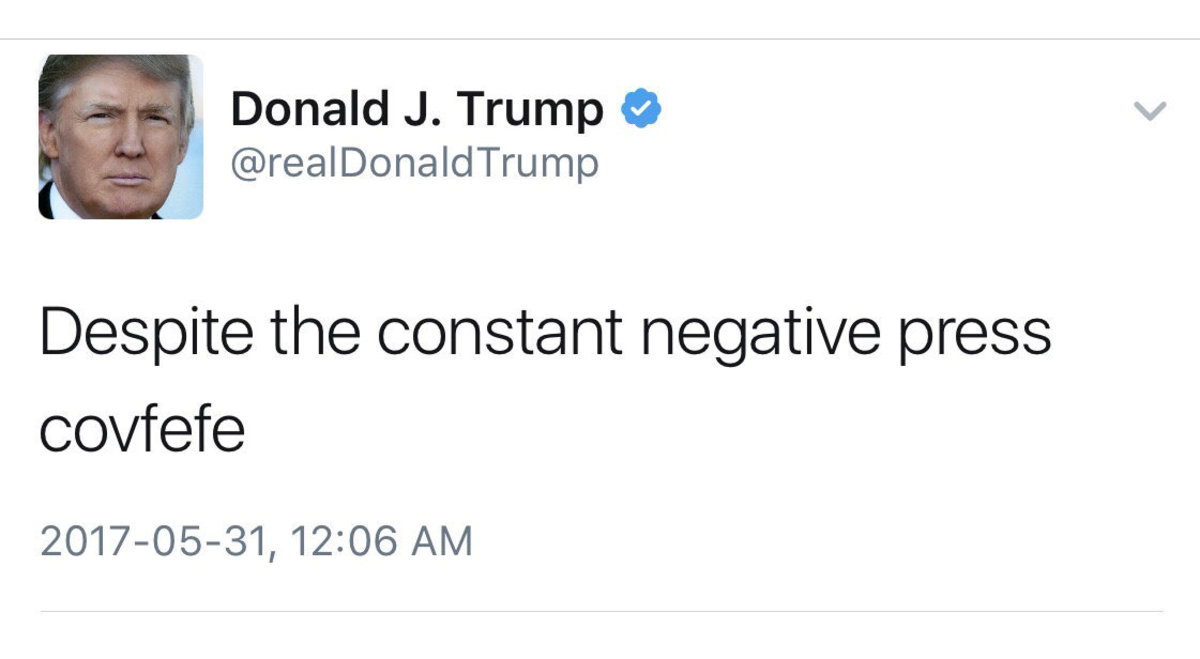Legalization of Marijuana in Washington State Part IV: DUI of Marijuana

As of November 6, 2012, Washington State legalized marijuana. This is the fourth part in a translation of the 65 page initiative 502, which explains the new rules regarding marijuana use in Washington state. In the first section of the series, what it meant to hold and obtain a license was explained. The second part was what it meant to have a shop and to be a customer of said shop which dispenses marijuana. The third section was about where the funds were to go that would be generated by this initiative. Int his section, driving will be covered. It was a strong argument against marijuana for a long time: how do law enforcement officers decipher if a driver is intoxicated with marijuana? The problem so far has been that marijuana stays in the system for two weeks, so there really hasn't been a way that this can be measured. That is what this section of the initiative talks about.
- Initiative 502
This is the re-write of the marijuana law which has now passed in Washington state
Is the legal limit for marijuana too low?
Testing for Intoxication of the Blood
When a driver is pulled over and has given reasonable grounds to be suspected of driving under the influence of something, they will be checking for THC concentration. THC stands for Tetrahydrocannabinol, which is the psychoactive compound in marijuana. The THC concentration in the blood can read no higher than 5, and the driver must be over the age of 21. The test administered shall be a blood test.
As with alcohol, it is said that marijuana cannot be consumed or entered into the body within two hours of operating a vehicle. If blood samples are taken by a law enforcement officer after being suspicious of the driver driving under the influence, the sample can be taken up to two hours after pulling the driver over.
Finding out that one has been driving under the influence of marijuana and above the legal limit, it will be counted against the driver as a Gross Misdemeanor.
The number five is based on nanograms per milliliter of while blood, while alcohol is based on grams of alcohol per 210 liters of breath.
Analysis of blood will be preformed in accordance with regulations set by the state toxicologist, and blood tests may only be administered by those who have been issued a permit. Blood tests may only be administered by a licensed nurse, doctor, or nursing assistant. However, the person being tested may request physician, qualified technician, chemist, registered nurse or any other qualified person to test their blood.
One how has been subject to a test has the right to argue the results.
Continue reading: Legalization of Marijuana in Washington State Part V: Concerns Not Yet Addressed








